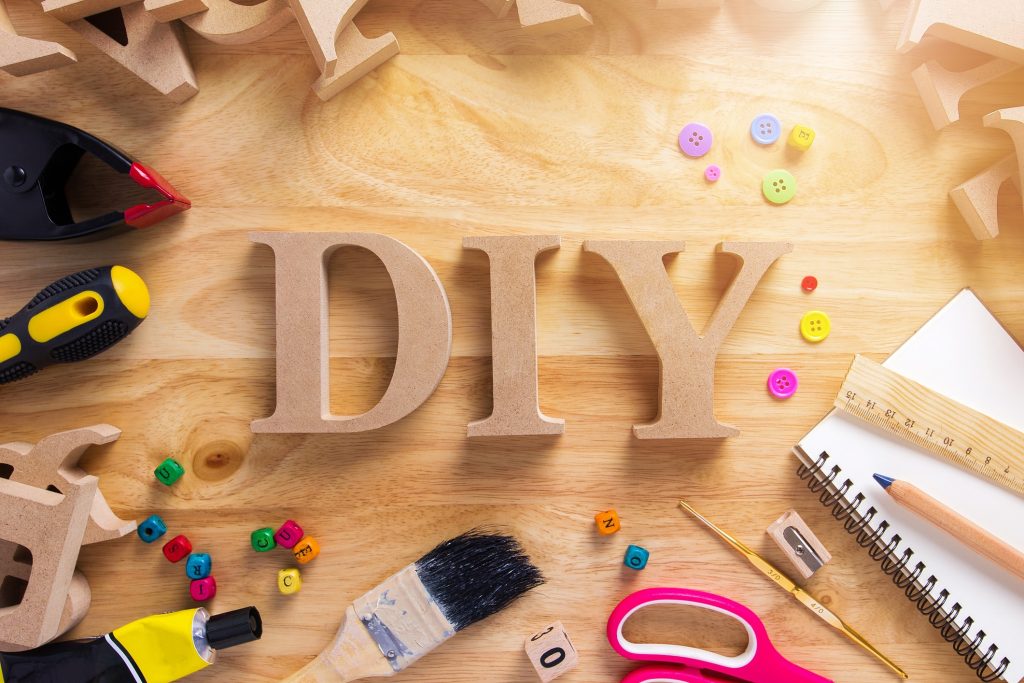OCTOBER 14, 2013 VOLUME 20 NUMBER 39
“My father hates, absolutely hates, lawyers,” a casual acquaintance tells us at a social gathering. “I know it’s a bad idea, but can’t he just write his own will?”
Let’s get the answer out of the way right up front: yes, he can. And there’s a very high likelihood he will do it just fine.
We can hear the faint and distant voices of thousands of other lawyers from across the country even as we write those words. “You wouldn’t do your own brain surgery, would you?” they ask. Or, more subtly: “go ahead, encourage everyone to write their own wills — lawyers’ children will go to much better colleges as a result.”
We’ll let that one sink in a moment.
Seriously: writing a will is not brain surgery. It doesn’t require anesthetic, and failure to do a good job doesn’t lead to instant death. For our money, there are much better comparisons. Would you build your own airplane (and then fly it)? Or maybe, more prosaically: are you comfortable doing your own business income taxes? In either of these two cases the project is detailed and complicated, and the negative results flowing from a mistake will not be immediately apparent. In both cases (and numerous others we might draw on) the possible negative repercussions could be far more costly than getting good professional help at the outset.
And yet thousands of people do build kit airplanes and fly them. Millions prepare their own tax returns. So can’t they prepare their own wills?
Yes, they can. There are forms and computer software to help. In our experience most people will do just fine with those kinds of assistance. The product may not be beautiful, but it can be perfectly functional.
Are we saying that you don’t need a lawyer to prepare a will? Absolutely not — there is simply no question that you are better off getting a lawyer’s advice about your estate planning. And the cost is amazingly inexpensive (it is easy to insist on that point after our visit last week to the dentist — her bill was more than we usually charge for estate planning consultations, and the visit was both shorter and more painful). Though you can prepare your own will, here are some of the reasons you should not:
- We frequently see mistakes in do-it-yourself estate plans. We have seen wills that failed to name a personal representative (what used to be called an executor), and percentage divisions that didn’t add up to 100% of the estate, and attempts at legalese that probably reversed the writer’s actual intentions. We have seen innumerable wills that attempted to leave individual items to someone, even though beneficiary designations (which overrode the will) named someone else as recipient. We once probated a “will” written on the back of an envelope on the way to the airport — the writer, incidentally, didn’t die on that trip but five years later, with the envelope still the most recent signed document.
- “Holographic” wills — handwritten, signed wills, which are very popular among the do-it-yourself crowd — are not valid in every state. Requirements vary. The result: a lot of self-prepared wills turn out not to be wills at all.
- So far we have focused on wills — but should you be preparing a living trust? Do you need a Limited Liability Company established? Are there income tax considerations involved in your estate planning? Does your son need a special needs trust? How will you know, without talking with a lawyer? Well-written documents are important, but what your lawyer realizes (and you might not) is that the choice of document is often more important than the words and phrases in the document.
- Similarly, it is usually not enough to just write a beautiful will (or trust, or power of attorney). Beneficiary designations, titles, and the relative values of your assets all are important considerations in your larger estate plan. And yes, the documents need to be well-written, too.
- Your estate plan is not immutable. How long will your will, trust, power of attorney and beneficiary designations last? Well, they will “last” forever, or until you change them — but they will likely start being out-of-date within about five (perhaps as many as ten) years of being completed. So your self-help approach, leaving you slightly uncomfortable about whether you have done everything right, will need to be started all over in about five years.
We can go on, but perhaps our point has been made. You hire an attorney to handle your estate plan so that you can be sure the correct questions have been asked (and answered), not just to write elegant-but-wordy documents. What you get from your lawyer is, yes, good documents — but also an effective estate plan and more peace of mind.
A last word: many clients think it might save money if they prepare their own documents and then have a lawyer review them. That almost never works. The lawyer’s fees are largely based on collecting information, analyzing your situation and determining what ought to be done. Those steps have to be completed even if you prepare the documents yourself. And your lawyer probably will take longer to review your documents than to prepare her own, more familiar ones — and she will be less comfortable with the result, too. So the cost is likely to be the same or higher if you take homemade documents in for review.
Oh, and a last last word: when someone tells us that their father just hates lawyers, we have exactly the reaction you might imagine.




2 Responses
Let me just say that my Father-in-law is an attorney and he wont even do it own will. To me that says something. He would rather take the advice of a someone who actually specializes in writing wills. Thanks for the post.